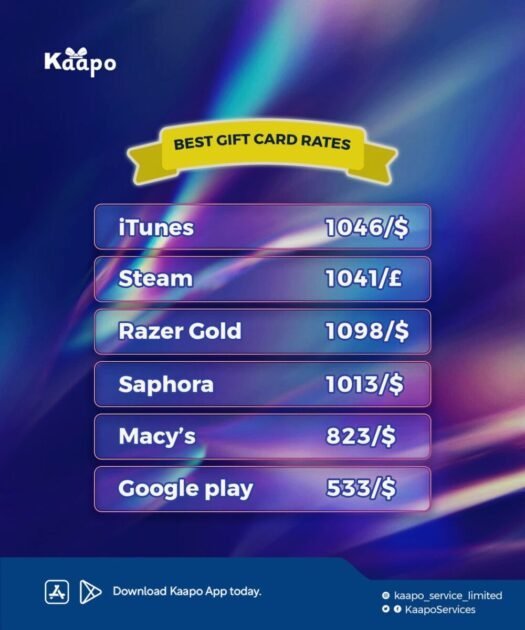Influencer marketing is an effective way for brands to reach their audiences. By partnering with key industry thought leaders and engaging personalities — often with highly sustainable relationships with their followers — marketers can make meaningful connections that result in more considerable brand exposure, targeted leads, measurable ROI, and more. With the rise of social media platforms such as YouTube, Instagram, Twitter, and TikTok offering endless content creation and promotion opportunities, it’s easier than ever for businesses to leverage the power of influencers within their marketing strategies. This blog post will discuss how companies are taking advantage of this growing trend by gaining unprecedented access to potential customers through powerful influencers.

What is influencer marketing, and why is it so popular today
Influencer marketing has become a buzzword for brands to reach out to their targeted audience. But what exactly is influencer marketing, and why is it so popular among businesses? Simply put, it is a type of social media marketing that involves collaborations between brands and individuals who have a large and engaged following on social media.
These individuals, known as influencers, create content that promotes the brand’s products or services, and their followers are more likely to trust and purchase from a brand that is endorsed by their favourite influencer. In this way, influencer marketing has become an effective tool for brands to increase their reach, build a strong brand reputation, and ultimately drive sales.
With the rise of social media, the popularity of influencer marketing is showing no signs of slowing down anytime soon. Looking at an influencer marketing case study will help you understand the impact of this tactic. It will also give you a better idea of how to leverage your influencer partnerships.
Benefits of leveraging influencers for brands
Brand promotion has become all about influence. Brands leverage influencers, who have a certain amount of credibility and following on social media, to endorse their products and services. This is a win-win situation for both the brand and the influencer, as it can lead to increased brand awareness, wider audience reach, and, ultimately, higher sales.
Influencers are often seen as more authentic and trustworthy than traditional advertising methods, which can help brands develop a loyal customer base. Moreover, influencer marketing campaigns are often less expensive than traditional advertising methods, allowing small and medium-sized businesses with limited budgets to leverage this powerful tool.
By partnering with influencers, brands can connect with their target audience more meaningfully and create a long-lasting impact.
Identifying the right influencers to reach your target audience
Influencer marketing has become crucial in reaching out to your target audience. However, identifying the right influencers to partner with can be daunting. It is important to ensure that the influencer you choose aligns with your brand identity, has a substantial following, and engages with their followers regularly.
A thorough research of their audience demographics can also help gauge whether their followers are within your target market. By collaborating with the right influencers, you expand your reach to a wider audience and build a relationship with your customers based on trust and authenticity.
Types of influencer campaigns that can be used to engage with consumers
Businesses are competing to capture the attention of consumers through social media. One way they do this is by partnering with influencers to promote their products or services. There are several types of influencer campaigns that can be used to engage with consumers, ranging from product reviews to sponsored social media posts.
Product placement influencer campaigns involve featuring a product in an influencer’s content in an organic way, while sponsored campaigns involve payment for the influencer’s promotion of a product.
Either way, working with influencers can increase brand awareness and drive sales, as consumers trust their recommendations. It’s important for businesses to consider their target audience and goals when choosing which type of influencer campaign to pursue.
Creating effective strategies to maximize the impact of influencer campaigns
Social media influencers have become important players in the marketing world, and businesses are constantly searching for ways to maximize the value of their influencer campaigns. Creating effective strategies has become key to achieving this goal. It’s not simply about hiring tried and tested influencers but also about identifying the right influencers for a specific campaign and ensuring that their content aligns with your brand values and target audience.
To create impactful campaigns, businesses need to consider all aspects of the campaign, from selecting the right influencers to designing creative content and measuring campaign results. Businesses can successfully connect with their target audience and accelerate growth by taking a strategic approach and continually refining their influencer campaigns.
Measuring ROI on influencer campaigns and making improvements
It’s not enough to just launch an influencer campaign. Measuring your return on investment (ROI) is essential to ensure that you’re getting the best possible results from your campaign. By analyzing the impact of your campaign, you can identify areas for improvement and optimize your future influencer marketing strategies.
When it comes to measuring ROI on influencer campaigns, it’s important to focus on relevant metrics like engagement rates, click-through rates, and conversions. By using these metrics to track the success of your campaign, you can make data-driven decisions and continuously improve your influencer marketing efforts.
Conclusion
To succeed, brands must first identify the right influencers and create effective campaigns targeting their desired audience segments. Furthermore, brands should always keep track of performance metrics to measure the efficacy of these campaigns and, if needed, make changes and improvements to reach their goals better.
Ultimately, by doing all of this, a brand will be able to determine the return on investment (ROI) of its influencer marketing efforts with much more precision and accuracy. It is important to note that like any other form of marketing, influencing is not a one-size-fits-all approach and requires thoughtfulness for each individual campaign.
Nevertheless, when done correctly, it can be a powerful tool for companies looking to gain leverage in today’s competitive landscape. With the right strategies in place, brands can benefit from the reach and influence of social media influencers to drive growth and engagement.





